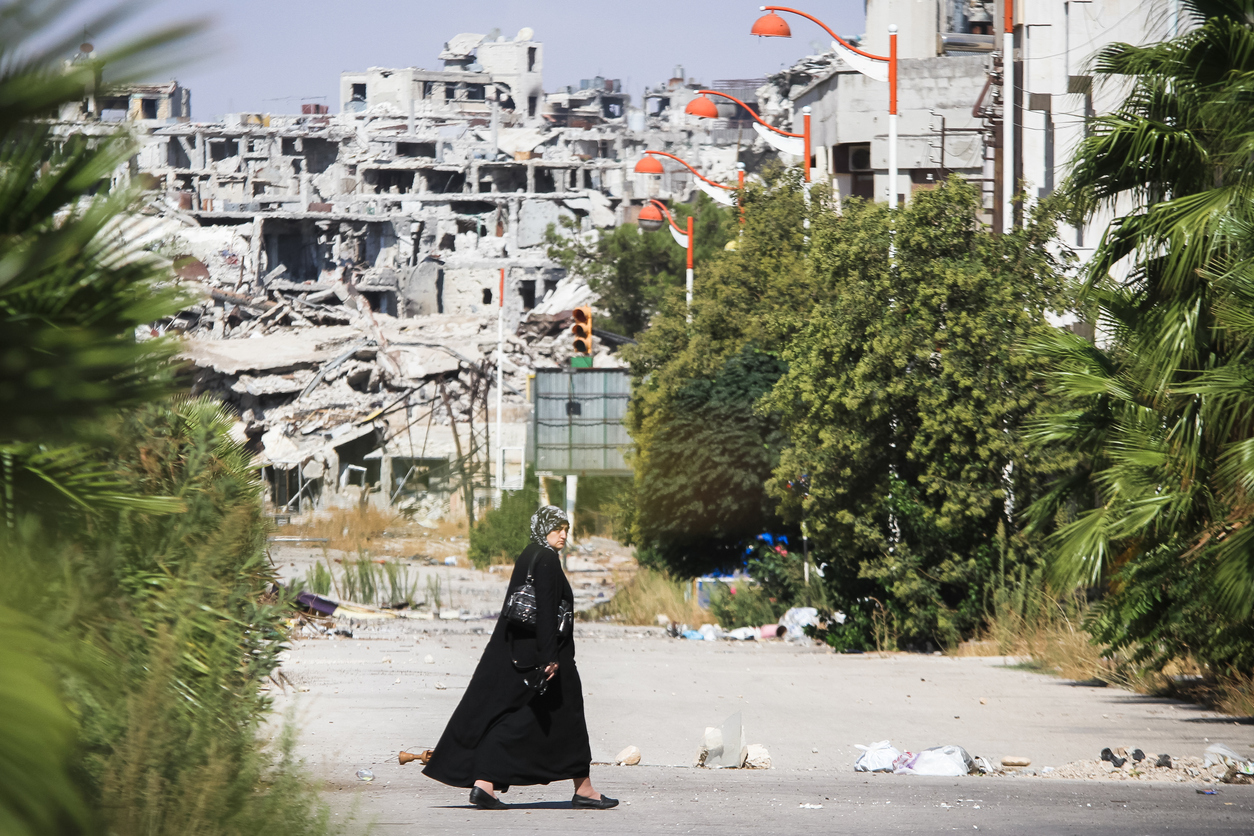How to get a Finnish IP address
The easiest way to improve your digital privacy is to switch your IP address using a VPN. We’ll …

“I hid medications in my undergarments, and walked past the checkpoint like a boss,” Nour told me over a quick check-in via Skype back in August of 2011.
Nour, a 19-year-old woman with a great sense of humor and lots of passion for the revolution, was an English major at Damascus University in Syria. She was the reason many activists were able to get access to medications, sim cards, phones, and satellite internet equipment.
Nour was an instrumental figure in the Syrian Revolution. She was a point of contact for many activists on the ground. She aspired for a change of the regime, for freedom, and for democracy to rule in the country she loved.
Nour was able to organize protests in the University of Damascus as part of her daily routine. She then went on to pick up medications from local clinics who sympathized with the cause and hid them under her garments.
She’d walk miles on foot to get the medications to wounded protesters in sieged suburbs, and was able to get through military checkpoints with her witty attitude and strong personality.
She, and many other women, were vital in helping wounded activists stay alive.
Her role expanded as the mobility of most male activists was limited. At the start of the revolution, the regime zeroed in on males, making it challenging for them to carry supplies across checkpoints to those in need. She found herself capable of going through checkpoints, walking from city to suburbs, without being targeted by soldiers or intelligence officers.
Nour once called me asking if I could get her cameras from the spy store so that activists can document protests without holding up their phones. They wanted the western media to see what was really happening in Syria. Protesters with their phones out during a protest were the first people to be targeted by regime snipers.
After a trip to the spy store, I bought cameras that looked like shirt buttons, Bluetooth earpieces, and pens. Nour was able to travel to Lebanon to pick up the shipment and sneak it back to Damascus where she distributed the items to activists in different parts of the city.
As communication with Nour became vital, I suggested she use a satellite phone — a sim card using an international network — rather than using the Syrian regime’s networks, which were often tapped by the government. I also advised that she download Hotspot Shield on her phone and laptop so she could remain anonymous online and untrackable by the regime, as well as safely communicate and access information. She agreed.
Nour and many other women on the frontlines of the revolution were the beating heart of the movement. She went through many near-death situations, but her bravery and resilience dominated all.
After her family learned of her involvement and activism in the revolution, they feared for her life. If she was captured, the punishment would be unthinkable. Women who were imprisoned by the Syrian regime were detained, tortured, and raped.
Nour’s parents sent her to Turkey to live with her relatives, and from there, she managed to travel to the Netherlands and seek asylum. For Nour, this was a way to start fresh—away from the snipers and military checkpoints.

